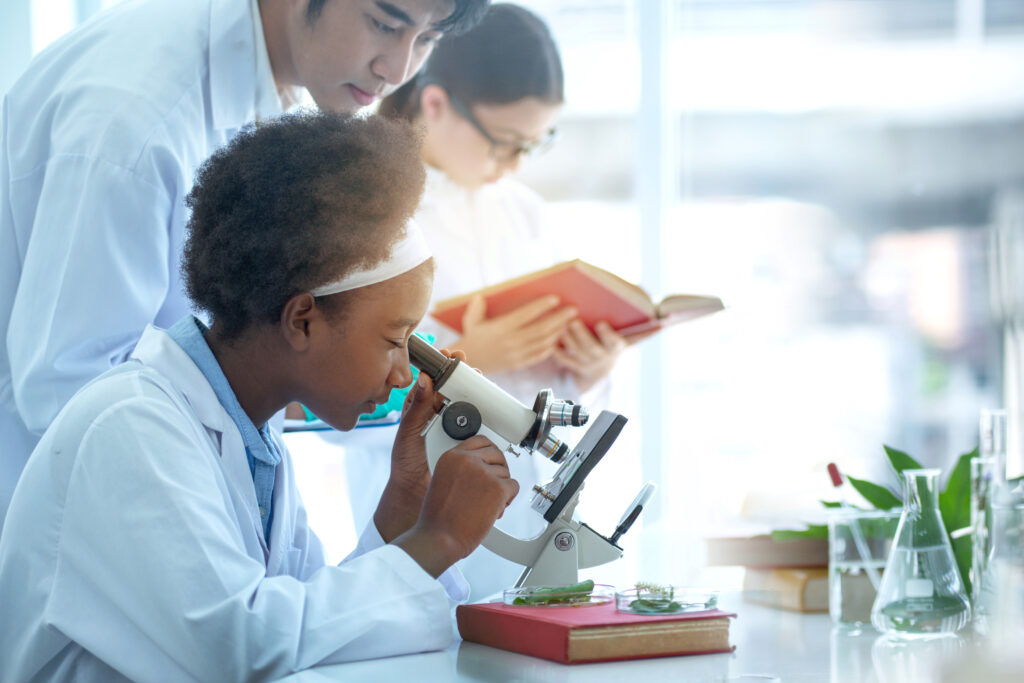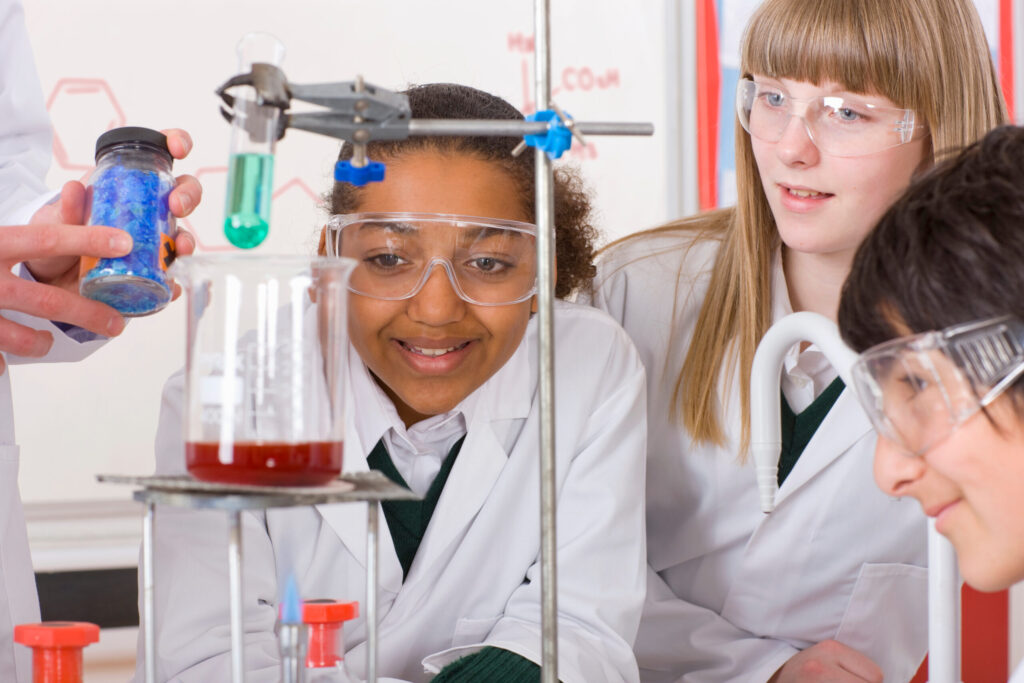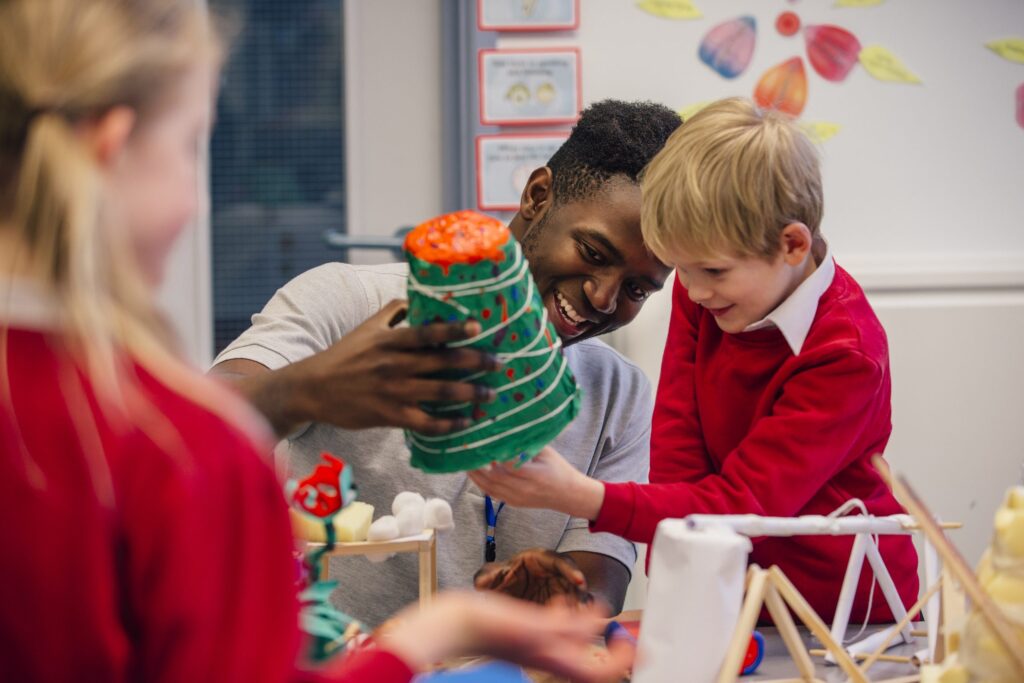
An iPad is different from a laptop in more ways than may be immediately apparent. The way that many teachers use computers in teaching is by having a laptop. This machine, during a lesson, is often ‘bolted down’ at the front of the room, not least because it’s driving the interactive whiteboard.
The teacher moves around, but the computer doesn’t. This is fine; it opens doors and some good uses are made of it. However, other options are limited.
The iPad is different. It can be taken around the room, used to show students or small groups of students various things, used to photograph work, and plugged into a projector for whole class teaching. And it’s quick. It aids the pace of the lesson rather than impedes it
This is not intended as a promotion of iPads above Android or other tablets. I don’t doubt that many of these uses (and many others) can be achieved with different tablet operating systems.
Download the full teaching guide – Science and the iPad
Ed Walsh
Science Advisor, Cornwall Learning
We’d love to hear how you got on with Ed’s ideas. Let us know what you think by commenting below!


